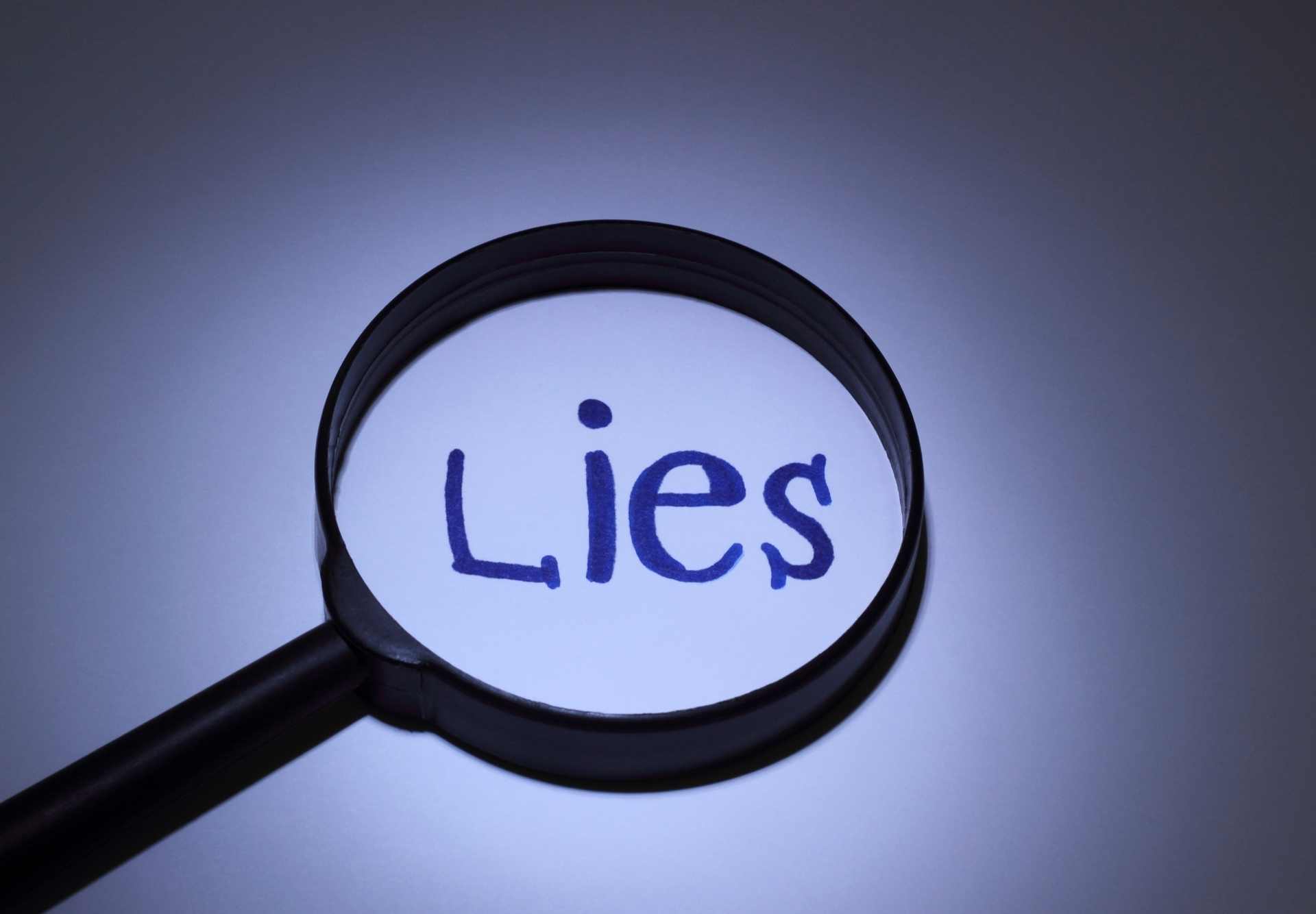Always tell the truth to your partner. But sometimes, it’s important to tell a little white lie in a relationship. The following are some situations in which they would be useful.
Throughout any meaningful relationship, there will inevitably be moments when dishonesty is necessary to avert some catastrophic situation. In some situations, a lie is more benign than the truth, but it can still be uncomfortable. This may or may not be an essential move depending on the current state of your relationship.

In contrast to bald-faced lies, white lies include nuances. People tell white falsehoods, often known as little fibs, to avoid unnecessary conflict. Sincere deceptions are harmful since they are made on purpose.
That’s why it’s crucial to distinguish between the two and to use only white lies to avoid hurting your partner. In this article, we’ll look at a few examples that prove that sometimes, a little white lie can save a relationship.
Can there be situations where a white lie would be preferable?
Sometimes it’s preferable to tell a little white lie to your lover rather than be completely honest.
1. When you hate what your partner is wearing.

Sometimes your significant other will put on an outfit that you find either unflattering or improper for an outing you have planned together. But informing them that they look terrible won’t help matters at all in this context.
The logic behind this is that if you’re leaving soon, your partner probably won’t have time to prepare for the changing room trip. Telling someone, they look ugly will undoubtedly cause them to spend the entire evening self-conscious about their appearance. You look terrific, honey” could be the necessary white lie in this situation.
2. Whenever your significant other has a friend, you don't get along with.

Your significant other’s pals will likely spend a lot of time with them and will know them better than you do. So, if you don’t like them and tell your partner about it, it may make them feel bad about themselves and the relationship.
You can avoid expressing anything as harsh as “I despise your buddies” by stating something like, “I thought they were alright.” If you do this, you can tell your partner a lie without worrying that you’ll hurt their feelings or cause complications.
3. When your lover comes from a family, you dislike it.

Getting along with your partner’s family is important because it can be more of a deal breaker than not getting along with their friends. If you and your spouse’s family don’t get along, your partner may become very upset. You should probably tell a little white lie to keep the relationship going.
4. When one partner's passions aren't shared by the other.

There may be times when you and your partner have different interests or hobbies. Perhaps your significant other has a bowling fetish. There’s a chance he’s really into it, and he wants you to join in so you can also experience the joy of it.
There’s a chance he won’t take your disdain for bowling well if you express it. Saying something as simple as “I’ll give it a try, it could be acceptable” could make a huge difference. However, if his constant bowling requests are driving you crazy, it’s possible that the two of you aren’t well-suited for one another and that your relationship won’t endure.
5. When you and your partner both share the opinion that certain behaviors are completely absurd.

Your awareness of a person’s peculiarities will increase as your time together progresses. For instance, you may discover that your significant other produces an extremely uncomfortable noise while stretching, or your spouse may suspect you of cheating even though you are not doing so and are displaying no such behavior.
A deeper familiarity with another person allows you to gain insight into their thought processes and habits. Sometimes it’s more effective to act like some annoying habits of your partner don’t bother you than to tell them directly how much they upset you. Because you don’t want your spouse to feel too judged. That’s a recipe for tension that nobody needs.
6. When you and your partner aren't enjoying each other's cooking.

If your significant other goes to great lengths to prepare a meal, you owe them to at least seem to enjoy it.
Here, your significant other has made an effort to create something special for you. So, you can just express your appreciation and suggest improvement for the next time.
7. You're not crazy about your significant other getting a new haircut.

In the same way that your significant other might surprise you with an outfit you don’t like, they can also give you a haircut you don’t like. Contrarily, if you tell your partner, “I dislike your haircut, please go back to the hairdresser and try again,” they may become quite unhappy and insecure.
And if they feel upset and insecure, it can mean a lot of drama is on the way. Saying something like “Yeah, good haircut” or some neutral expression of approval may be preferable. Then, when they finally acquire a cut that pleases you, you can lavish them with praise. They will undoubtedly understand what you’re trying to say.
8. When your partner is gaining weight.

This is a particularly hard scenario. The reason for this is that your sweetheart might go into shock if you told them that they were getting overweight. Weight may be a very sensitive, especially if the person is already insecure about it.
If your significant other asks if they are gaining weight, it may be best not to comment or to say “no simply.” If things grow too terrible, you may need to broach the subject. Nonetheless, you can count on a great deal of tension. It’s not ideal for lying to your partner, but there are instances when it’s necessary to preserve peace and harmony in the relationship. Protecting your mate from worry is wise for your relationship’s future.

Asking yourself, “What would I prefer if the situation were reversed?” can be beneficial when deciding if we have to tell a white lie. If the truth appeals more to you, that’s probably the route you should take. It’s acceptable to give a misleading answer if you think it would help you achieve your goals.
With enough effort and enough time spent with your spouse, you will learn to recognize when it’s better for you to speak a white lie or an honest, albeit possibly inconvenient, truth.
Articles you might like: 10 Things You Should Never Lie About on a First Date, 8 First-Date White Lies You Should Lie About, Should You Admit That You’ve Cheated on Your Partner?

